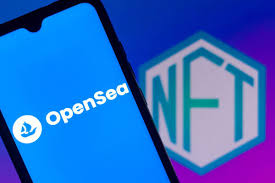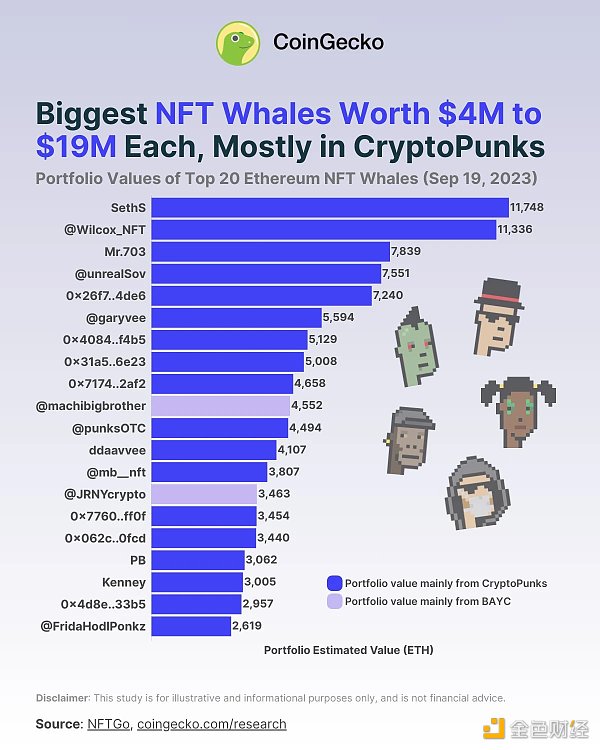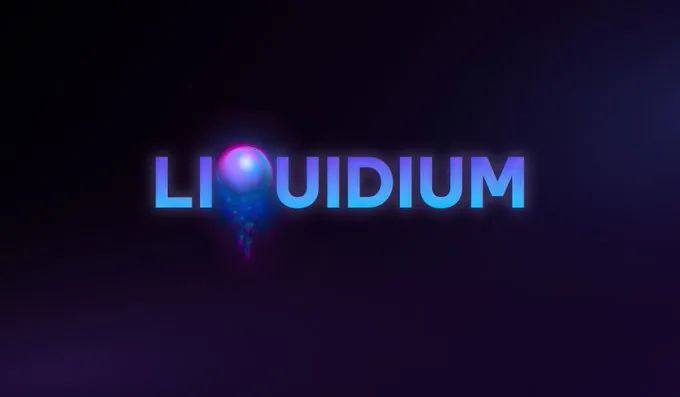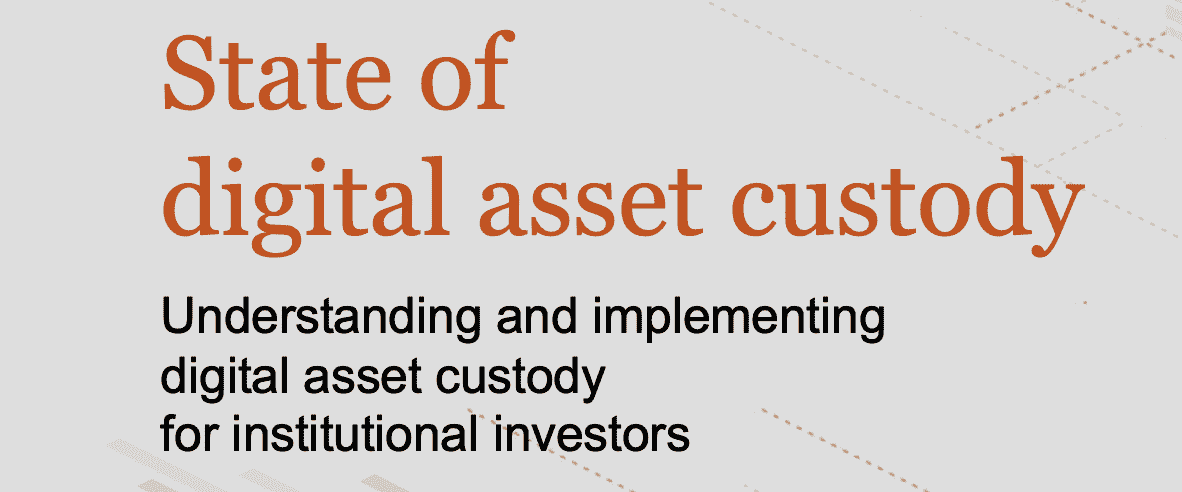How to use blockchain for data governance from three perspectives
At present, human beings are moving towards the digital age, and the value of data resources is beyond doubt. However, how to protect data privacy, how to transmit in data transactions and sharing, how to clarify data ownership and usage rights, and how to rationally price data has become a bottleneck in the development of the digital economy. What new changes will be brought to the data governance problem by the blockchain technology that is expected?
On May 19th, China Information Technology 100 People's Association and China Wanxiang Holdings Co., Ltd. and Hangzhou Xiaoshan District People's Government jointly held the "2019 Digital Belt and Road International Summit Forum" "New Data Governance Model – Blockchain" Forum On the other hand, experts from companies such as Wanxiang Blockchain, China Electronics Technology Standardization Research Institute, and Shanghai Pudong Development Bank discussed the role of blockchain in data governance from the perspectives of system design, standard setting, and practical operation.
Data Governance in the "Chief" Eye: Token is a Value Carrier
In November 2018, an article published by the People's Bank of China entitled "What can the blockchain do and can't do?" was widely reprinted online. This article stands on the perspective of economics, from Token, smart contracts and consensus. The algorithm from three angles systematically summarizes the "Token paradigm" adopted by the current mainstream blockchain system.
One of the authors of this article is Zou Chuanwei, the chief economist at Bitcoin, who is now the chief economist of the Wanxiang blockchain.
- Babbitt Summit Thinking: Blockchain Technology Helps Digital China to Build Future Applications
- Reflections on the Chain Block Week of Hangzhou in 2019
- Editor-in-Chief | Hangzhou Block Chain Week, a feast of mobility
For how the blockchain is used for data governance, Zou Chuanwei did not elaborate on the meeting. Instead, it starts with Web3 and introduces the market structure of data transactions, the obstacles to market establishment, the role of cryptography in data privacy protection, and the principles and prices of data privacy transactions.
As shown in the following figure, in the existing business model of Internet advertising, there is an intermediate role between the content producer/advertiser and the user: browser/social network. The content producer/advertiser's information needs to be accessible to the user via a browser/social network.

It is easy to see that content and advertisements are bundled by intermediaries, and the user's data privacy is intercepted by the browser/social network between the user and the advertiser in the circulation. Is there a way to direct content and advertising directly to users while maintaining data privacy without having to rely on intermediaries?
Zou Chuanwei believes that distributed economies may be able to solve the above problems.

As shown in the above figure, in a distributed economy, the infrastructure of economic activities is built and shared by the community, and the blockchain is one of the most important skeletons. In this way, the middlemen in the original advertising model will no longer be necessary, and the scarce resources such as data privacy and news information can freely flow on the Internet through the blockchain token forming a certain price mechanism.
For the principle of data privacy transactions, Zou Chuanwei mentioned the principle of data sovereignty, the principle of orderly transactions, and the principle of paid use. The principle of data sovereignty is inseparable from the support of cryptographic techniques such as homomorphic encryption and secure multi-party computing. The blockchain token is used in the data privacy price mechanism to provide a carrier for the paid use of the data .
Data governance in the eyes of standard setters: data flow, standards first
As the editor of the ISO/IEC 38505-2 international standard for data governance, Li Ming, director of the Blockchain Research Office of the China Electronics Technology Standardization Institute, shared his thoughts on the data economy from a technical perspective and considered data to be a core element of the digital economy. However, it depends on whether the data is reliable. If it is not reliable, as a core technology element, it will have a very negative impact on the digital economy.

Li Ming pointed out that the so-called data governance is to maximize the value of data through specific mechanisms and arrangements. The value model of data governance includes whether the data quality collection is consistent and consistent, how the data asset rights are validated, how the data sharing is credible, and how the data value flows.
Blockchain plays a role in promoting the flow of data. It is mainly through the improvement of data quality through a safe, reliable, and tamper-proof technical system. The right to protect data through depository verification and property rights traceability, and data sharing through privacy calculation. The flow of data is guaranteed through a transparent regulatory mechanism.
From theory to practice, it is also inseparable from the support of standardization . To this end, the Standards Institute has published the first terminology standard in the blockchain field, "Blockchain and Distributed Accounting Terminology" standard ISO 22793, for "blocks", "blockchains", "distributed ledgers" The basic concepts are clearly defined.
What level of standardization is the end point? Li Ming's answer is: the blockchain is truly industrialized.
The symbol of blockchain industrialization is service . "If you can't use blockchain to build closed-loop value business services, you won't be able to get the industry." Li Ming said frankly that there are many closed-end applications, most of which are Companies with blockchain technology don't make money either.
However, it can be understood that the blockchain is still in the early stages of development, and the transition from technology to service requires a process. With the in-depth development of information technology, it is difficult for a single technology to support an industry alone. Therefore, Li Ming mentioned the converged architecture solution, namely: carrying out cloud computing, carrying out IoT, big data processing, AI prediction, blockchain protection, and maximizing data value.
Data Governance in the Eyes of Bank Practitioners: Blockchain Empowering Open Banks
It is considered to be the first year of China's "open bank" in 2018. It is necessary to talk about opening banks and it has become the consensus of bankers. The so-called open bank refers to the reconstruction of the business ecosystem by sharing data, algorithms, transactions and processes with other partners such as third-party developers, financial technology companies, suppliers, etc., to provide new value to commercial banks.
As the first pioneer in China to open up the concept of open banking, Shanghai Pudong Development Bank launched the “API Bank” unbounded open bank in July 2018.
Open banks have brought new development opportunities by opening their own business models, services, and users to the outside world. However, they also face many challenges , such as how to establish trust relationships with various partners through technology and how to solve data assets. Privacy protection, how to ensure data credibility, value circulation and order.
In order to solve the above problems, Shanghai Pudong Development Bank proposed the concept of “blockchain+”.

According to Wan Hua, deputy general manager of the Information Technology Department of Shanghai Pudong Development Bank, “blockchain+” is not a single platform and technology, but a kind of thinking . It is built on multi-party security computing, artificial intelligence and cloud computing with blockchain as the center. Infrastructure construction such as the Internet of Things, thus bringing about an increase in diversification capabilities for open banks.
In the ecological closed loop, the innovation laboratory established by Shanghai Pudong Development Bank is actively cooperating with research institutions and blockchain companies to solve problems in data definition, data assets and data value through blockchain technology.
According to public information, Shanghai Pudong Development Bank and Tencent, Baidu and Suning have respectively reached cooperation and complemented each other in the field of blockchain. SPD also mentioned in its 2016 and 2017 annual reports the use of blockchain technology to advance its digital transformation.
We will continue to update Blocking; if you have any questions or suggestions, please contact us!
Was this article helpful?
93 out of 132 found this helpful
Related articles
- More rigorous than KYC: The Financial Action Task Force on Anti-Money Laundering will finalize new international standards for regulatory encryption companies next month.
- Talking about PoS, how can you not understand Nothing At Stake?
- The central document mentions the use of blockchains to solve food safety. Who else is in addition to BAJ?
- Interesting headlines – an unsuccessful experiment in the pre-blockchain era
- Staking is essentially an inflation, why does it create the illusion of wealth?
- Guosheng Blockchain | Consensus Conference, Hangzhou Forum Double Star shines, China and the United States lead the world blockchain trend
- In order to promote the commercialization of a larger scale, the blockchain giants of Ali, Thunder, Baidu and Jingdong changed in spring and summer.






